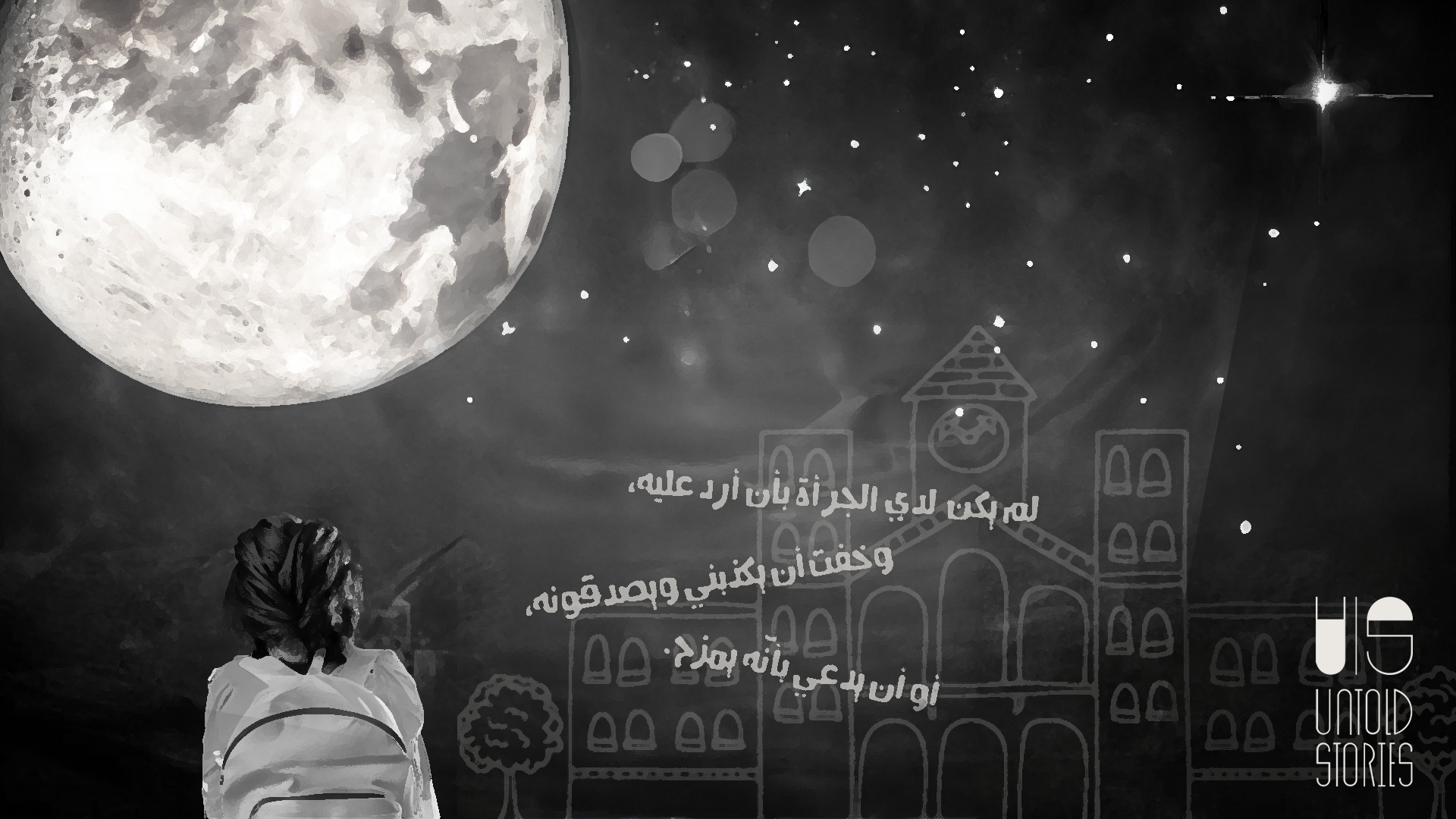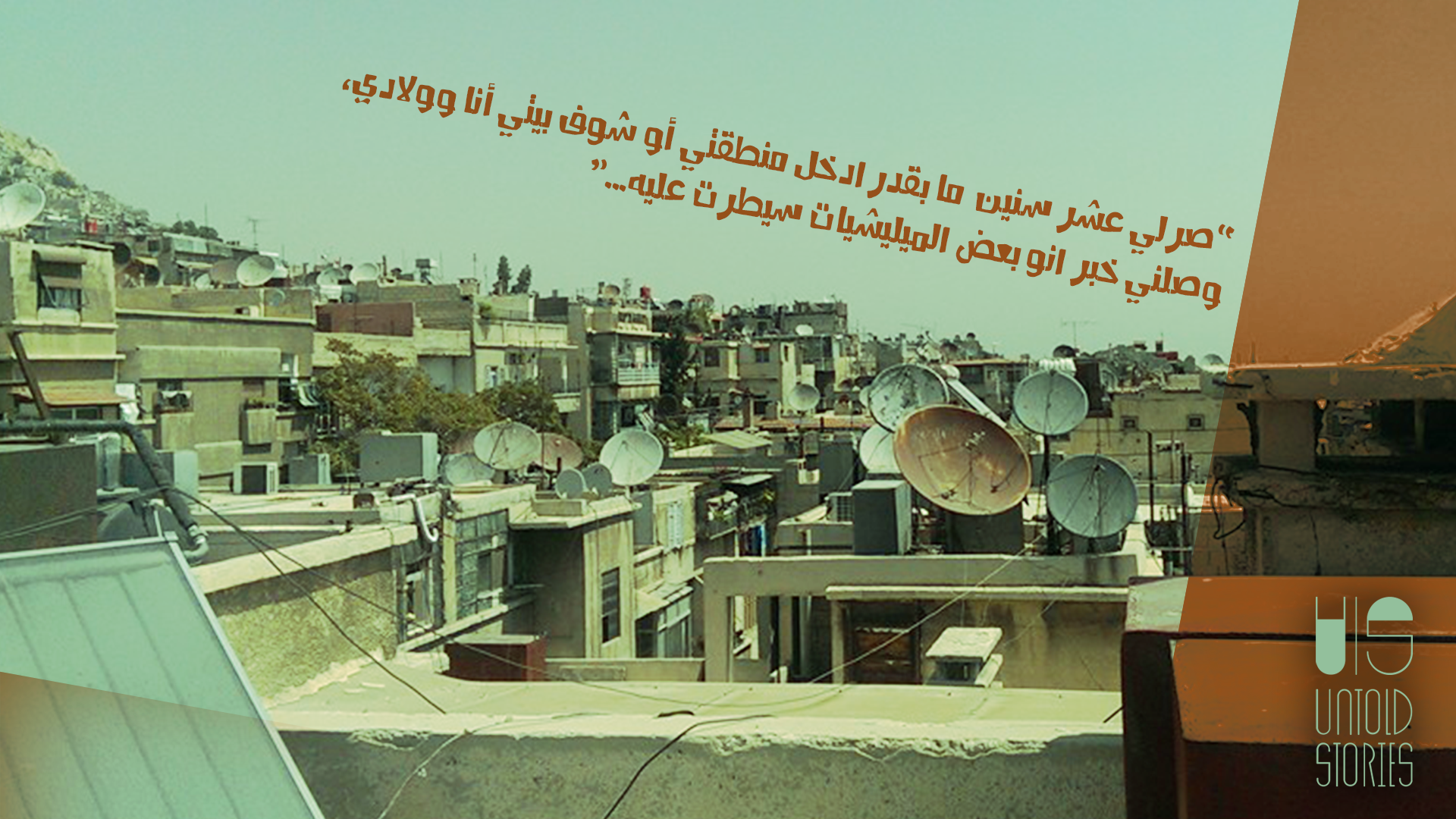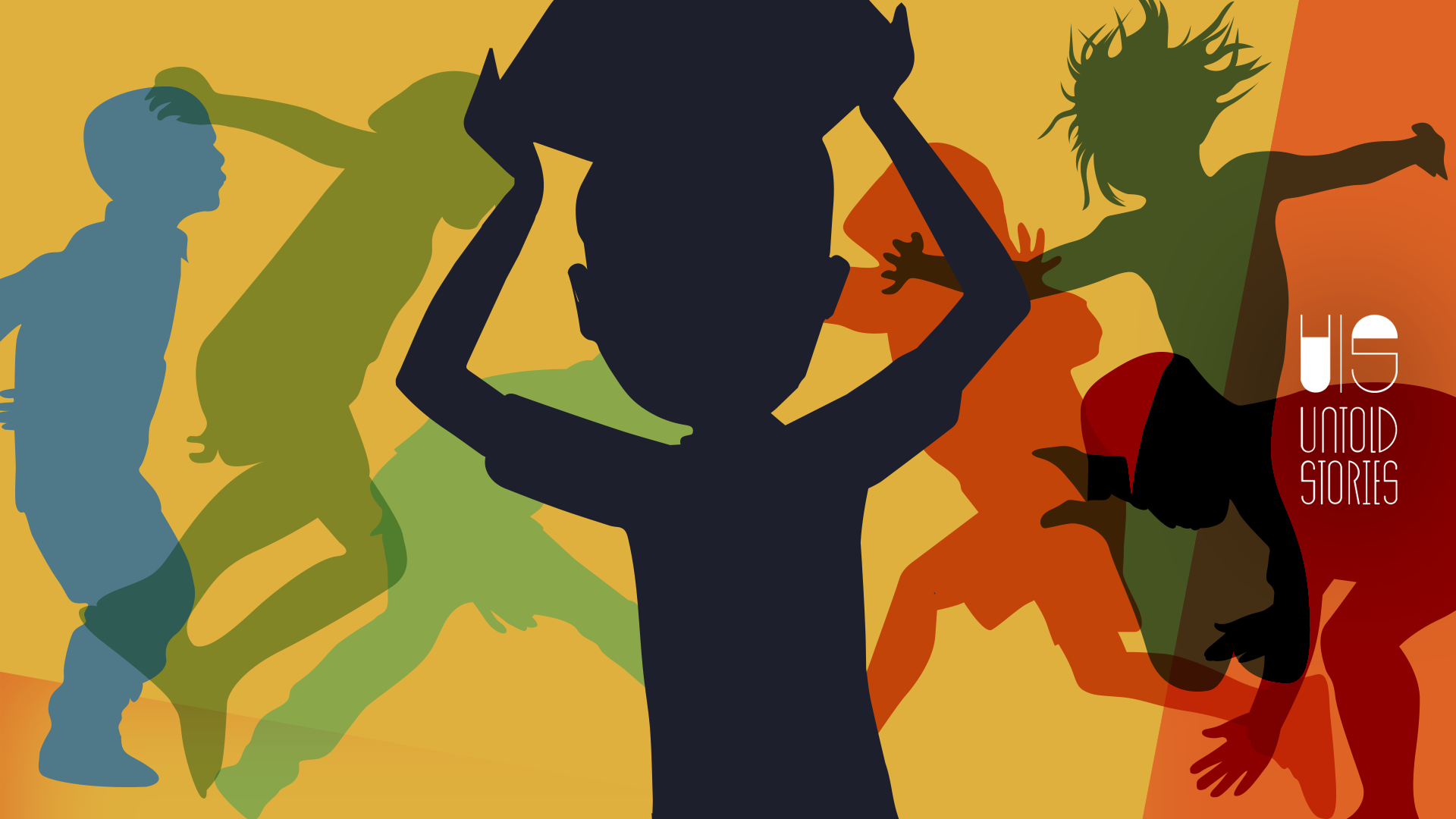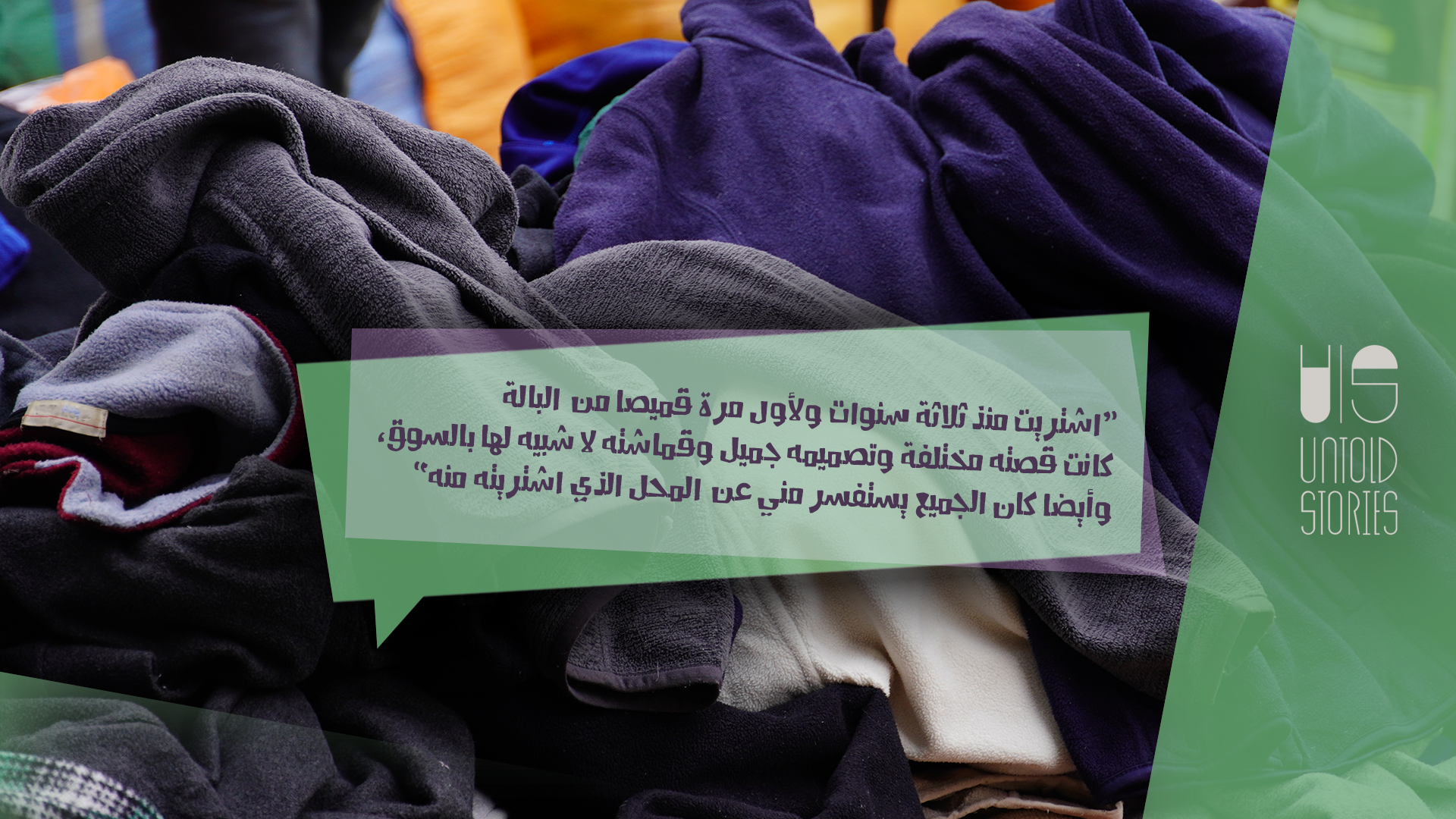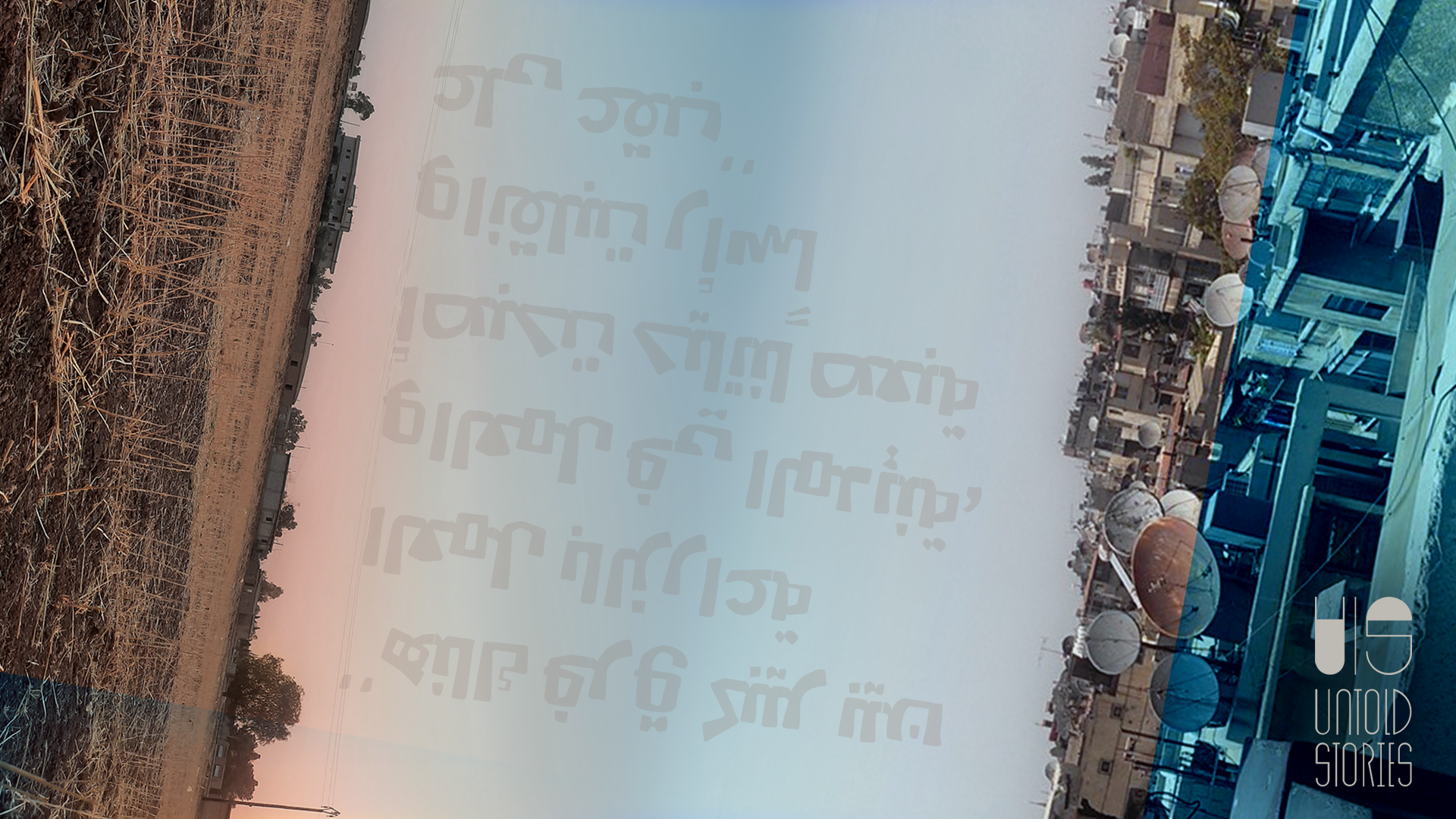“This article was produced within the project «Empowering the Next Generation of Syrian Women Journalists» in partnership between the «Syrian Female Journalists Network» and «UntoldStories». This article was produced under the supervision of journalist Zeina Kanawati”.
Sally persistently asks her father about her school enrollment date, longing to be registered. However, her father faces the challenge of explaining the situation to her. He clarifies that their temporary protection card is issued by the Urfa province, whereas they reside in the Hatay province, posing a legal barrier to their school enrollment under Turkish laws. Despite her father's efforts to explain, eight-year-old Sally struggles to comprehend, breaking down into tears alongside her one-year-younger sister, Celine.
Last year, Sally was unable to attend school, deprived of her right to education despite her father's relentless attempts with multiple schools. All endeavors to enroll her were futile, even after he attempted to relocate to the city of Urfa. However, he found it impossible to stay there.
Recalling his arrival in Turkey from Lebanon in 2019, Sally's father shares, "At the time, most Turkish provinces refused to issue temporary protection cards for refugees, except for a few, including Urfa. I was compelled to register there, but all my family members and siblings reside in Hatay province, where I decided to live. Moreover, I struggled to adapt to the climate in Urfa. Here in Hatay is where my work and life are centered, which unfortunately deprived my daughters of their right to education."
Despite making four attempts to transfer his family's registration and protection card to Hatay province, Sally's father faced repeated failures. "I attempted to obtain a regular travel permit, but it also proved unsuccessful in facilitating their enrollment in school. I reached out to several organizations and prominent figures for assistance, but to no avail," he laments.
One among Numerous cases
Sally and Celine's story is one of hundreds of Syrian refugee children in Turkey who are being denied education due to legal constraints, exacerbated by the aftermath of the February 2023 earthquake, which prompted families to relocate provinces, worsening their situation. Despite promises to enroll children from earthquake-affected provinces into schools in their new locales, implementation has faltered, at the whim of school officials, resulting in continued educational deprivation for many children.
Mr. Omran Al-Homsi, a former Turkish school teacher involved in a UNICEF project supporting refugee children's education in Turkey, sheds light on this issue. He notes, "A significant portion of Syrian refugee children in Turkey are effectively barred from accessing education due to legal discrepancies and discord between education officials and the Turkish Immigration Department. This is compounded by the absence of representatives from the Syrian opposition coalition and its interim government, as well as the dismissal of Syrian teachers from Turkish schools, who previously played vital roles in facilitating enrollment, providing translation services, explaining the children’s situation, and pressuring for their acceptance in schools."
Al-Hamsi holds UNICEF partially accountable for its inaction in resolving this crisis and proposes the establishment of a “dedicated educational entity for Syrians, aimed at preserving their cultural identity and Arabic language while safeguarding children's rights from the discrimination, fear, and anxiety often encountered in Turkish schools.”
In accordance with the United Nations Convention on the Rights of the Child, every child has the fundamental right to education. Primary education should be free, while access to secondary and higher education should be readily available. Efforts should be made to encourage children's school attendance to achieve the highest possible level of education, and ensure that educational institutions respect their rights, refraining from any form of violence.
Regarding refugee children's rights, when displaced from their homeland to another country, they are entitled to assistance and protection (if their homeland is no longer safe), and they should enjoy the same rights as children in the host country.
Inside/Outside
Noor arrived in Turkey with her mother in 2018, as a ninth-grade student. While her siblings had been settled in Bursa province for years, Noor's protection card was issued in Mardin province. After relocating to live with her siblings, she attended school in Bursa for a year. However, stringent regulations mandated refugees to return to their registered province, and schools in Bursa declined to enroll her, resulting in her being denied education.
Noor describes her life as challenging and dreams of returning to school. She explains, "Even if I wanted to move to Mardin to continue my education, my siblings wouldn't be able to join me because their protection cards are issued in Bursa. So, I decided to forego schooling to ensure my siblings' safety, their ability to work, and my proximity to them."
Currently, Noor attends paid vocational courses to enhance her computer skills and Turkish language proficiency. Despite her efforts, seeing girls her age attending school leaves her feeling saddened. "Continuing my education is a dream I'm determined to pursue," she says.
We contacted Jihad Hajazi, the Minister of Education in the Syrian Interim Government, to discuss this issue and the government's efforts, along with the coalition, to support these children's access to education. In response, he stated, "The Syrian government lacks data or statistics regarding them. Our focus lies solely on operations within the liberated areas of Syria."
Mustafa Badi', a member of the Syrian Independence Party, which is a licensed Syrian party in Turkey collaborating with Syrian refugees alongside Turkish authorities, shared that the party initiated a program to assist these children and their families. They have assembled a roster of children who were unable to enroll in school, particularly those in the Turkish city of Antakya. The list includes thirty-three boys and girls who are yet to be registered.
They submitted the list with the intention of reaching out to officials to address their circumstances, but he confirmed that they have not received any response to date. Badi' remarked, "The actual count of children lacking access to education is significantly higher, but many families abstain from discussing it due to apprehensions about their fate, particularly since they reside outside their designated province, contravening Immigration Department regulations, and withhold information about the issuance location of their temporary protection card."
Badi' also highlighted the significant hardships faced by Syrian families, particularly due to the persistent anxiety in Turkey and the challenging economic conditions, leaving them with limited options to support their children. Some opt to enroll them in free courses for Quranic and Arabic language studies, while a minority with better financial means choose to enroll their children in kindergartens or private schools.
Abu Sally asserts that the consequence of such strict regulations and laws is the denial of education to children, despite emphasizing that "the right to education is fundamental for every child, irrespective of nationality or circumstances, and no law should hinder children from accessing schools."


